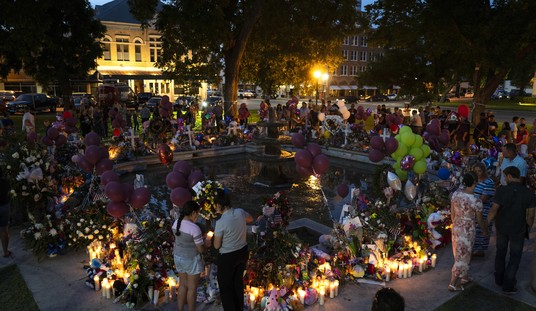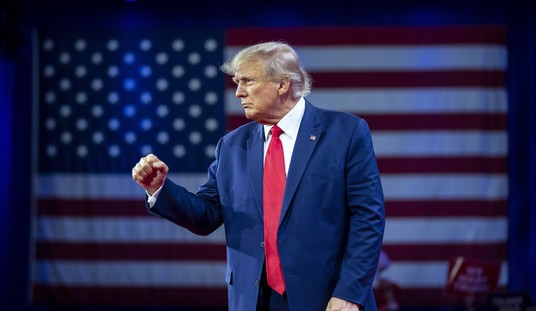The shooting in Lewiston, Maine, changed the trajectory of a rare, pro-gun, blue state. While the state was very supportive of the Second Amendment, suddenly, everyone was chirping for gun control.
Gov. Janet Mills blocked much of the effort, but now there's something she can't block.
The problem is that this particular ballot question doesn't hinge on statistics or objectivity. It really hinges on how well people understand reality, versus what the media feeds to them.
Question 2 on the November ballot proposes creating a new path to temporarily confiscate firearms from dangerous people, but the debate over the proposal centers on whether an older, similar law crafted by a prominent gun rights group and Gov. Janet Mills six years ago is enough.
Proponents of Question 2 argue that the existing law — often referred to as Maine’s yellow flag law — is a failed experiment that was not used to stop a gunman in Lewiston from killing 18 people and injuring and traumatizing countless others in 2023 despite warnings about his deteriorating mental health. It was the worst mass shooting in state history and one of the most deadly in the U.S. that year.
“Had Question 2 and a real extreme risk protection order law been in place, perhaps one of those many warnings could have resulted in (the gunman’s disarmament),” said Jack Sorensen, spokesperson for Safe Schools, Safe Communities, the lead organizer of the ballot initiative.
Question 2 opponents counter that Maine’s law, rarely used before Lewiston, has seen an explosion in utilization by police since then, preventing suicides and other gun deaths.
“Our law is doing exactly what you're asking for at a rate hundreds of times more effective than other states with red flag laws,” said David Trahan, director of the Sportsman’s Alliance of Maine, the gun rights group that helped create Maine’s yellow flag law.
Let's understand that Lewiston was awful, but supposedly competent mental health providers saw the killer not all that long before his rampage, and they apparently didn't see a reason to worry.
But people want to "do something" in the aftermath of tragedy. There's probably a reason for that encoded in our psychology from back before written history, but it doesn't change the fact that a lot of times, the "something" is stupid.
This proposal is one of those times.
One thing that proponents of this question aren't going to talk about is that Minnesota has a red flag law. They passed it last year, and the Annunciation Catholic School shooting still happened, even though red flag laws are on the books there, and the killer was being seen by a mental health provider who could have utilized that order if he or she felt it necessary.
They didn't.
The problem isn't that the law was insufficient. The problem was that there was someone who was filled with so much rage internally that he wanted to kill as many people as he could to try to quench it. That's the issue with so many of these mass killings that involve a firearm. Until you can address the problem at that level, you're going to still have these things happening.
Far too few seem to understand this, because the media ignores it in favor of advancing the anti-gun narrative, but as we've seen in the past, no amount of gun control can stop someone who wants to kill people in job lots.
None. At. All.
It would be nice to see Maine treat this like the last red flag law proposal that came across their ballots. They voted that one down, which was beautiful to behold. I'm not sure they'll do it again, but we can hope, because I like the idea of a pro-gun blue state. The right to keep and bear arms shouldn't be a partisan issue.
It's an American issue.
Unfortunately, that's not the way some people see it, which is as un-American as it gets.








